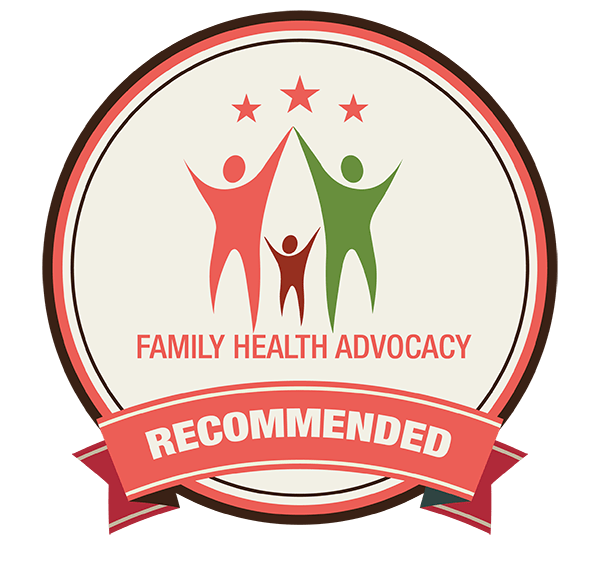Here’s an interesting fact for you.
Did you know that multiple studies show gastrointestinal (GI) issues are one of the hallmarks of autism? In 2012, researchers at the National Institute of Health noted that 92% of children with autism show GI distress. The CDC estimates that children with autism are 3.5 times more likely to suffer chronic constipation or diarrhea. It’s been proposed that the link is due to pathogenic gut bacteria. These tend to overgrow (and overpower) the good gut bacteria.
In one study, UWO researcher Dr.MacFabe was able to produce autism-like symptoms in rats by injecting them with a fatty acid produced by a species of gut bugs commonly found at high levels in autistic patients. Now these results don’t necessarily establish a cause for autism. But they do open exciting possibilities for treatment. And this connection exists with other neurological disorders, as it does with asthma, allergies, ADHD, even mood disorders like depression and anxiety too – all of which have seen huge increases over the last few decades.
What’s my point?
Bugs come in all shapes and sizes. Some would do us harm. Others are a part of our internal “ecosystem” that we need to be healthy. And rates of autism, for one, are extremely low in developing countries where the environment is not as sanitized. Just something to think about with all the “fear of bugs” that is going around right now. If you have kids, it’s perhaps something to discuss with them, like we have with Hayden.
Caution is warranted, certainly. Becoming fearful or reactive, on the other hand, rarely leads to positive outcomes. Washing your hands to the point of OCD carries its own problems. When it comes to your immunity, I’ll repeat:
The best defense is a good offense.
The key to maintaining the right balance of bugs in your body is in regular movement and exercise, eating a diet low in refined carbs and sugars, and supplementing with Vitamin D, omega 3’s, and a good probiotic (prebiotics can be an even bolder step to stronger gut resiliency). Chiropractic adjustments further help by supporting healthy biomechanical and nerve function – your body’s main mechanism of healing. This is one reason I’ve noticed a bump in referrals lately; people are keen to take back control over their health. If you’ve ever referred a friend or family member, thank you again for your trust.
And as an FYI, it’s likely September and school + daycare will allow me to return to fuller hours, so I WILL (and DO) have space and would welcome your referrals (and YOU, if you’re that someone who hasn’t returned to care yet!). With that in mind, please forward this blog to anyone you think can benefit from a thorough evaluation of their current health situation (or help with reducing pain). Or, recommend that they call the clinic at (416) 967-4466. We’ll gladly detail all the things we’re doing to keep patients safe.
It feels good (and even slightly anxiety-provoking) to be back after a week’s pause at a very rustic cottage that was filled with gorgeous sunsets! A terrific mental break, without a doubt. I got to be active everyday, whether it was swimming, or a family hike, or rowing the boat or canoe (with my co-captain Hayden!), or playing with Beverly and Hayden in the water. Not a drop of television. Just reading, adult colouring, and seriously quiet evenings! Hope you’re being kind to yourself and finding those quiet moments too.
Dr. Josh


